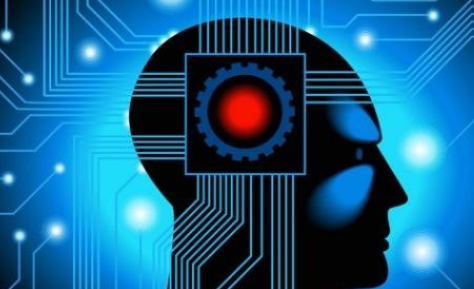Security is a huge place for AI. The future potential is very
First of all, security professionals have never realized the true potential of AI as profoundly as they do today. Although Antelope Cloud is a platform manufacturer, it has always been interested in AI and AI-specific processing modules—whether chips or boards. In the past, there wasn't enough in-depth research, and Zhang Jin spent eight years from 2004 to 2012 working on R&D, facing many challenges. Traditional technologies couldn't handle tasks like face recognition, license plate detection, behavior analysis, or target identification. Today, thanks to deep learning, the security industry has become one of the most important fields for artificial intelligence applications.
Secondly, the current security industry is more eager than ever to adopt low-cost, low-power modules. This is because the security chain involves many variables—such as camera height, angle, lighting, processing functions, and environmental conditions—that can't be fully addressed by a CPU alone. As a result, there's a strong demand for tailored solutions that adapt to different scenarios and environments.

For example, Antelope Yunxiang collaborates with Shenjian Technology to provide community-based security solutions. The biggest opportunity for the security industry comes from the "Snow Project," a national initiative launched by nine ministries and commissions. It aims for global coverage, network-wide sharing, 24/7 availability, and full control. In other words, all cameras across China are connected. However, smart cameras with high performance are still rare, which puts high demands on network infrastructure. Given current conditions, it’s unlikely that all video data will be processed in the cloud. Instead, some smart devices may be placed at the edge, such as intelligent cameras or local server rooms. For instance, in residential areas, many communities have security rooms. Intelligent systems can recognize people entering or leaving, whether they are residents or couriers, and also identify license plates. Without low-power devices, this would not be feasible.
Therefore, dedicated processing modules designed for specific scenarios are becoming increasingly promising. For example, Shenjian Technology's FPGA-based solution and their upcoming specialized chip (set to launch in the first half of next year) offer excellent options.
Thirdly, security has become a major field for AI development. Security professionals once faced great difficulties, especially when companies like Huawei and Hikvision were already dominating the market. The rise of numerous startups created intense competition, making it hard for mid-sized players to survive. Now, with strong entrants like Huawei (Huawei Cloud) and Alibaba (City Network), traditional manufacturers find themselves in a tough position. How should the industry approach AI and security? In fact, the security industry is still in its early stages, and we're currently at a turning point. At this stage, scene-specific applications are becoming more prominent. Previously, the industry was divided by categories—cameras, software, applications, etc.—but now, scenarios are being broken down into more detailed segments. There are more vendors and niche markets, such as urban surveillance, where Alibaba’s City Network focuses on large-scale projects, while others specialize in smaller areas like buildings or power systems. In these细分 scenarios, it's unlikely that a single AI system will work universally. A facial recognition algorithm that works in one setting might not perform well in another.
Sun Jian, Chief Scientist at Contempt, pointed out that deep learning is still far from being a complete solution. At this stage, developing algorithms is an ongoing journey. In this context, different processing modules and product forms are very promising. So, while it's hard to predict exactly what the security industry will look like in the future, we can see that many AI startups are focusing on AI accelerators, ASICs, and dedicated modules. Hikvision is also offering full AI product solutions. Everyone has their own chance in this evolving landscape.
ESS All-in-one Solar Generator
The ESS All-in-one Solar Generator is a portable and efficient power solution that harnesses the energy of the sun to provide clean and renewable electricity. This all-in-one system includes solar panels, a Battery storage unit, and an inverter, making it a versatile and convenient power source for a variety of applications.
The solar panels collect sunlight and convert it into electricity, which is then stored in the battery unit for later use. The inverter converts the stored energy into usable AC power, allowing you to run appliances, charge electronic devices, and power lights and other electrical equipment.
The purpose of the ESS All-in-one Solar Generator is to provide a reliable and sustainable power source in off-grid or remote locations, as well as during power outages or emergencies. It can also be used for outdoor activities such as camping, RV travel, and outdoor events, providing a convenient and eco-friendly alternative to traditional generators.
Overall, the ESS All-in-one Solar Generator offers a clean, quiet, and renewable power solution that is easy to use and maintain, making it an ideal choice for anyone looking to reduce their reliance on fossil fuels and embrace sustainable energy options.
solar solution,inverter for pv system,off-grid PV inverter,inverter pure sine wave for home
Bosin Power Limited , https://www.bosinsolar.com